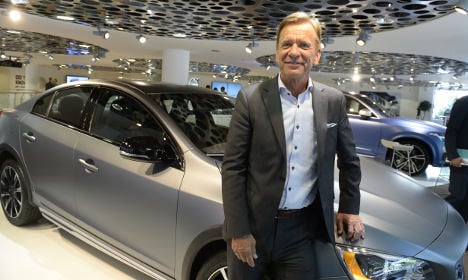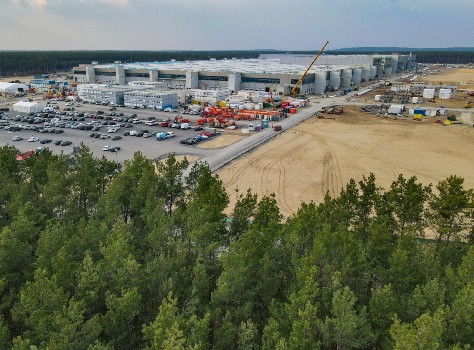Note: An earlier version of this story said that first-half profits fell. While net profit attributable to shareholders indeed fell, overall net profits were up. The story has been amended to reflect this.
Net profit more than tripled to 877 million kronor (92 million euros, $56 million), while turnover climbed by 12 percent to 75.2 billion kronor.
Operating profit surged by more than 70 percent to 1.66 billion kronor, thanks to a strong US currency and robust sales of Volvo's SUV model XC60.
But net income attributable to owners of the parent company dropped by 60 percent to 173 million kronor (18 million euros, $20 million).
Volvo's overall car sales in terms of units rose by 1.4 percent to 232,284 during the first half.
The strongest sales growth was registered in Sweden and western Europe, while they remained stable in the United States and declined in China, by 1.2 percent, and the rest of the world, including Russia.
Volvo went through several dark years before returning to profit in 2013. In 2014, it beat its sales record from 2007, selling almost 466,000 vehicles. CEO Hakan Samuelsson told Swedish news agency TT the company expects to sell 500,000 cars this year.
The number of Volvo employees has risen by 10 percent in the past year, to 28,000 worldwide.
Despite its economic slowdown, Volvo plans to boost its presence in China and has acquired 50 percent of three joint ventures from parent company Geely: two assembly plants and one research and development centre.
Geely paid $1.8 billion to buy Volvo from US carmaker Ford in 2010.



 Please whitelist us to continue reading.
Please whitelist us to continue reading.